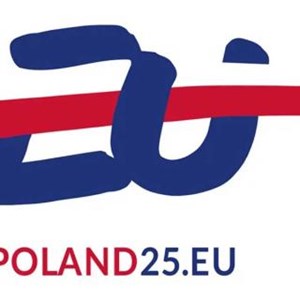A new macroeconomic study reveals the substantial benefits of standards in fostering economic growth. Looking at the evidence from six Northern European countries, the study finds that 25 % of labour productivity growth in the past decades is associated with increased standardization as well as 9 % of total exports growth.
"This shows the pivotal role of standardization in fuelling economic growth. The Nordics and the Netherlands are highly innovative and productive countries, with extensive use of European standards. Small, open economies benefit greatly from standardization, as it helps reduce barriers to trade", says Elena Santiago Cid, Director General of CEN and CENELEC
The value of standards
The study finds that standardization is associated with approximately 9 % of the overall export growth witnessed in the Nordics and the Netherlands in the past 25 years, and a remarkable 25 % increase in labour productivity attributable to standardization from 1970 to 2019. Today, each employee generates more than double the output compared to fifty years ago, with a quarter of this productivity growth directly attributed to standards.
- Standards play a crucial role in modern economies. They are vital for international trade, drive innovation, enable increased compatibility, enhance quality assurance and promote fair competition. By using standards, organizations can harness these benefits both for their own and society’s gain, states Øyvind Vennerød, senior analyst in Menon Economics.
The report estimates that if the pace of standardization work remains consistent, it is projected to result in an annual GDP increase of EUR 2.6 billion in the Nordic countries and the Netherlands together, and to boost exports by EUR 2 billion every year. If the standardization increases, we can anticipate even more substantial figures.
Standards benefit society at large
In conclusion, the study highlights the substantial positive externalities generated by standardization, underscoring the importance of incentivizing further standardization efforts. Notably, the positive spill-over effects from standardization extend beyond the firms themselves, with customers, industries, and society at large reaping significant advantages.
This insight holds valuable implications for policymakers, businesses, and society at large, highlighting the need for proactive support and incentivization from governments. By embracing and promoting standardization, the entire society stands to gain from the extensive range of benefits, fostering sustainable economic growth and overall progress.
FULL COPY of the paper can be found on: "The Value of Standardization" on Standards Norway (SN) website.
For more information on the study, please contact Standards Norway (SN):
Marit Sæter, Director of Communications
Ingvild Næss Stub, Director International Relations and Business Development
About the study
The study was carried out by Menon Economics, a highly regarded and specialized economic consulting firm. Menon is known for its expertise in empirical analysis of economic policy, offering various services including industry analysis, economic impact assessments, and strategic advisory services.
The report was commissioned in 2023 as a joint initiative by the six standardization bodies Swedish Institute for Standards (SIS), Danish Standards (DN), Standards Norway (SN), Finnish Standards Association (SFS), Icelandic Standards (IST), and the Netherlands Standardization Institute (NEN).

Whitney CLARK
wclark@cencenelec.eu



